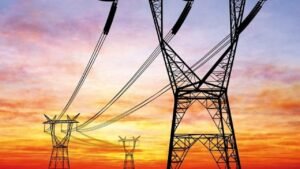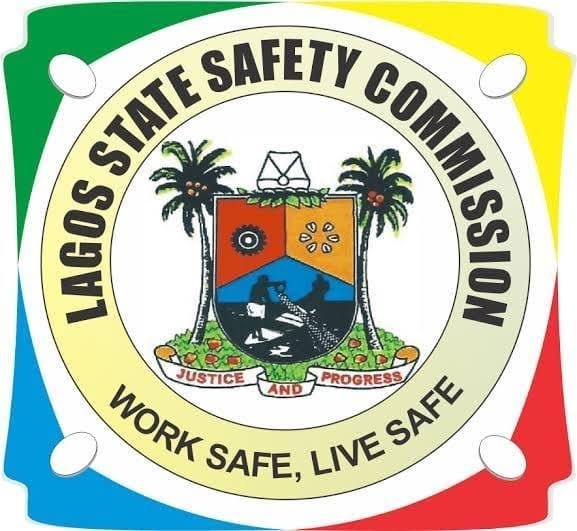National Grid Collapses, Leaves Nigeria in Darkness
Written by Olakunle Oke on February 12, 2025
The Nigerian power grid has collapsed, resulting in a nationwide blackout. The collapse, which occurred on [date], has left millions of Nigerians without electricity.
According to reports from the Transmission Company of Nigeria (TCN), the grid collapse was caused by a technical fault. The TCN stated that its engineers were working to restore power supply as quickly as possible.

The grid collapse has been confirmed by various electricity distribution companies (Discos) across the country. The Discos have apologized to their customers for the inconvenience caused by the blackout.
This is not the first time the national grid has collapsed. In recent years, Nigeria has experienced several grid collapses, resulting in widespread power outages. The repeated grid collapses have been attributed to the country’s aging power infrastructure and inadequate investment in the power sector.
The Nigerian government has been working to improve the country’s power infrastructure, including the national grid. However, the pace of progress has been slow, and the country continues to experience frequent power outages.
The latest grid collapse has sparked widespread frustration among Nigerians, who are already dealing with a range of economic and social challenges. Many Nigerians have taken to social media to express their anger and disappointment at the repeated grid collapses.
The Nigerian government has promised to investigate the cause of the latest grid collapse and take steps to prevent future occurrences. However, for many Nigerians, the promise of improved power supply remains a distant dream.
As the country struggles to restore power supply, Nigerians are being forced to rely on alternative sources of energy, such as generators and solar power. However, these alternatives are often expensive and unreliable, leaving many Nigerians without access to reliable electricity.
The national grid collapse has also had a significant impact on businesses and industries across the country. Many businesses rely on a stable power supply to operate, and the grid collapse has resulted in significant losses for many companies.
The Nigerian government has been urged to take immediate action to address the country’s power crisis. This includes investing in the national grid and other power infrastructure, as well as promoting the use of alternative energy sources.
Until then, Nigerians will continue to suffer the consequences of a unreliable power supply, including frequent blackouts and economic losses.






